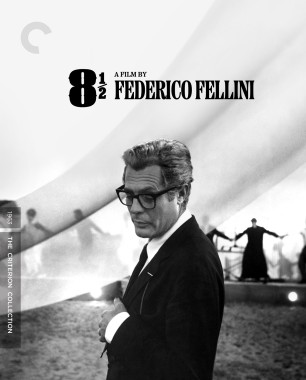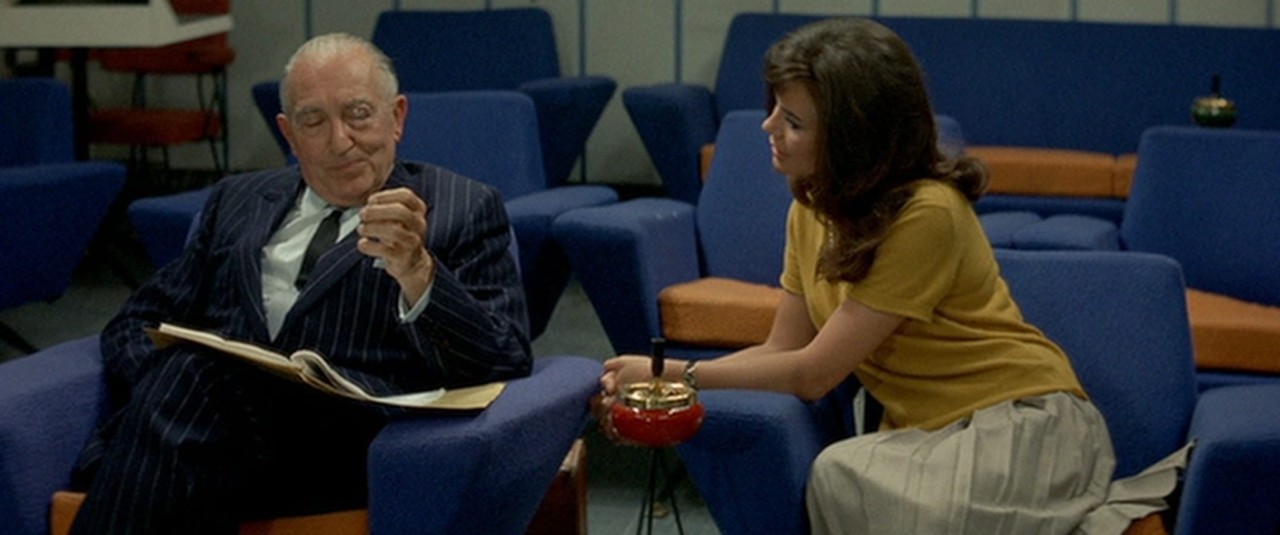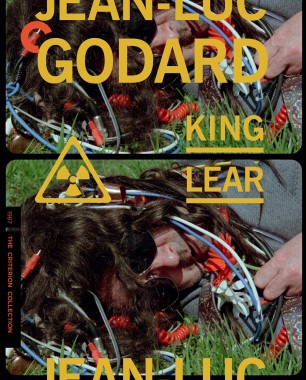Contempt

Jean-Luc Godard’s subversive foray into commercial filmmaking is a star-studded Cinemascope epic. Contempt (Le Mépris) stars Michel Piccoli as a screenwriter torn between the demands of a proud European director (played by legendary director Fritz Lang), a crude and arrogant American producer (Jack Palance), and his disillusioned wife, Camille (Brigitte Bardot), as he attempts to doctor the script for a new film version of The Odyssey. The Criterion Collection is proud to present this brilliant study of marital breakdown, artistic compromise, and the cinematic process in a new special edition.
TWO-DVD SPECIAL EDITION FEATURES
- Digital transfer, supervised by cinematographer Raoul Coutard
- Audio commentary by film scholar Robert Stam
- The Dinosaur and the Baby (1967), a conversation between Jean-Luc Godard and Fritz Lang
- Two documentaries featuring Godard on the set of Contempt: Bardot et Godard and Paparazzi
- Jean-Luc Godard interview excerpt from 1964
- Interview with cinematographer Raoul Coutard
- Original theatrical trailer
- Optional English-dubbed soundtrack
- PLUS: An excerpt from Phillip Lopate’s book Totally, Tenderly, Tragically: Essays and Criticism From a Lifelong Love Affair With the Movies.
Cover by Michael Boland, based on a theatrical poster by Giuliano Nistri
TWO-DVD SPECIAL EDITION FEATURES
- Digital transfer, supervised by cinematographer Raoul Coutard
- Audio commentary by film scholar Robert Stam
- The Dinosaur and the Baby (1967), a conversation between Jean-Luc Godard and Fritz Lang
- Two documentaries featuring Godard on the set of Contempt: Bardot et Godard and Paparazzi
- Jean-Luc Godard interview excerpt from 1964
- Interview with cinematographer Raoul Coutard
- Original theatrical trailer
- Optional English-dubbed soundtrack
- PLUS: An excerpt from Phillip Lopate’s book Totally, Tenderly, Tragically: Essays and Criticism From a Lifelong Love Affair With the Movies.
Cover by Michael Boland, based on a theatrical poster by Giuliano Nistri

Cast
- Brigitte Bardot
- Camille Javal
- Michel Piccoli
- Paul Javal
- Jack Palance
- Jeremiah Prokosch
- Georgia Moll
- Francesca Vanini
- Fritz Lang
- Himself
Credits
- Director
- Jean-Luc Godard
- Screenplay
- Jean-Luc Godard
- From a novel by
- Alberto Moravia
- Cinematography
- Raoul Coutard
- Screenplay
- Alberto Moravia
- Producer
- Georges de Beauregard
- Producer
- Carlo Ponti
- Producer
- Joseph E. Levine
- Music
- Georges Delerue
- Sound
- William Sivel
- Editing
- Agnès Guillemot
- Unit managers
- Philippe Dussart
- Unit managers
- Carlo Lastricati





















